Explore the world of gaming’s most divisive titles with our list of the “Top 10 Most Controversial Video Games.” From explicit content to ethical concerns, these games have ignited fierce debates and challenged societal norms. Discover how they pushed the boundaries of creative expression while raising important questions about the impact of video games on our culture.
Top 10 Most Controversial Video Games
RapeLay
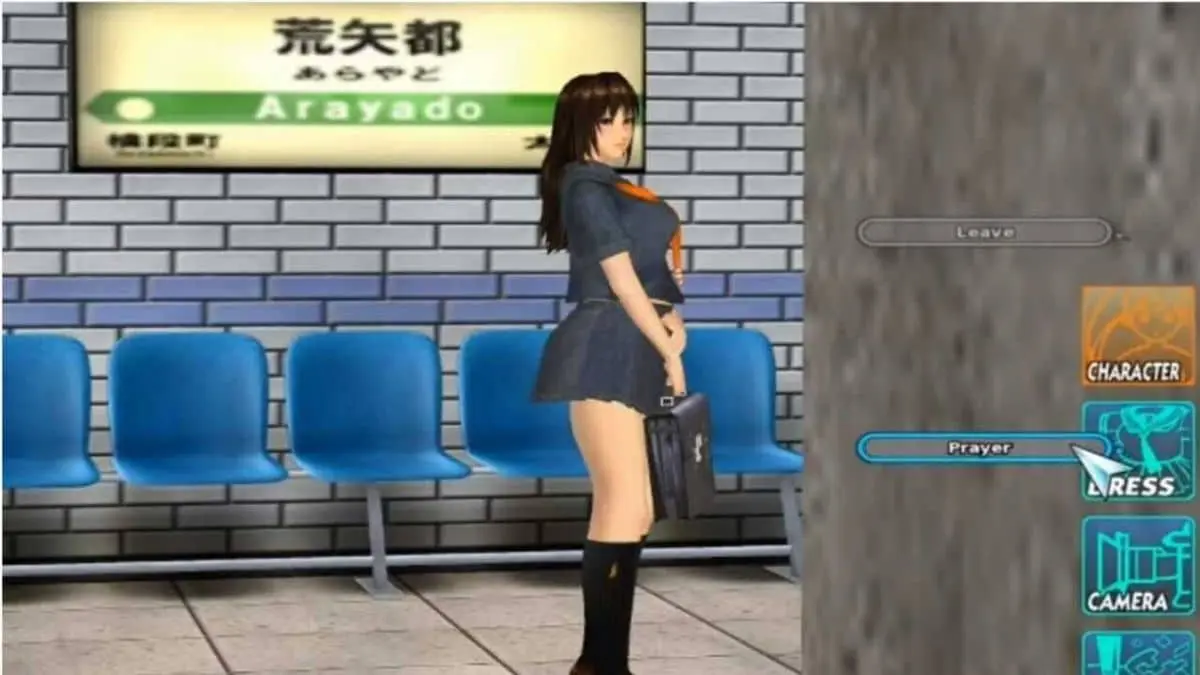
A highly controversial Japanese eroge (erotic game), “RapeLay” stirred immense outrage upon its discovery. Released in 2006, it revolves around a disturbing narrative where the player engages in sexual assault.
Critics and activists condemned it for promoting sexual violence, leading to its ban in several countries and heavy restrictions in others. The game’s explicit content sparked debates about the boundaries of freedom of expression in the gaming industry, ultimately highlighting the need for stricter regulations.
Hatred
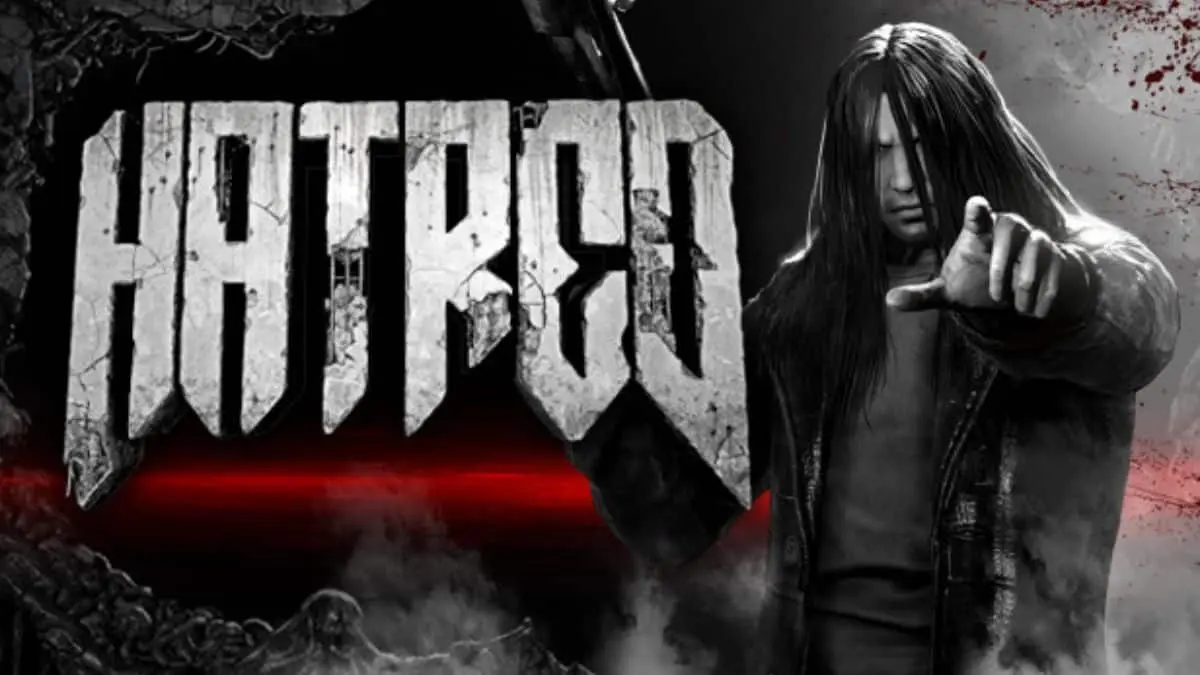
Developed by Destructive Creations and released in 2015, “Hatred” is a top-down shooter game that drew significant controversy for its extreme violence and nihilistic themes.
The protagonist is an unrepentant mass murderer who embarks on a killing spree, targeting innocent civilians and law enforcement. Critics and gamers debated whether the game crossed ethical lines, raising questions about the portrayal of violence in video games and its potential impact on players.
Manhunt

Rockstar Games’ 2003 release “Manhunt” faced controversy due to its graphic and sadistic portrayal of murder and execution. Players take on the role of a death row inmate forced to participate in a series of snuff films.
The game’s unrelenting brutality led to calls for censorship and raised concerns about the desensitization of violence. While it’s praised for its atmosphere and tension, “Manhunt” remains a prominent example of how video games can push boundaries in storytelling and content, challenging societal norms and expectations.
Postal 2
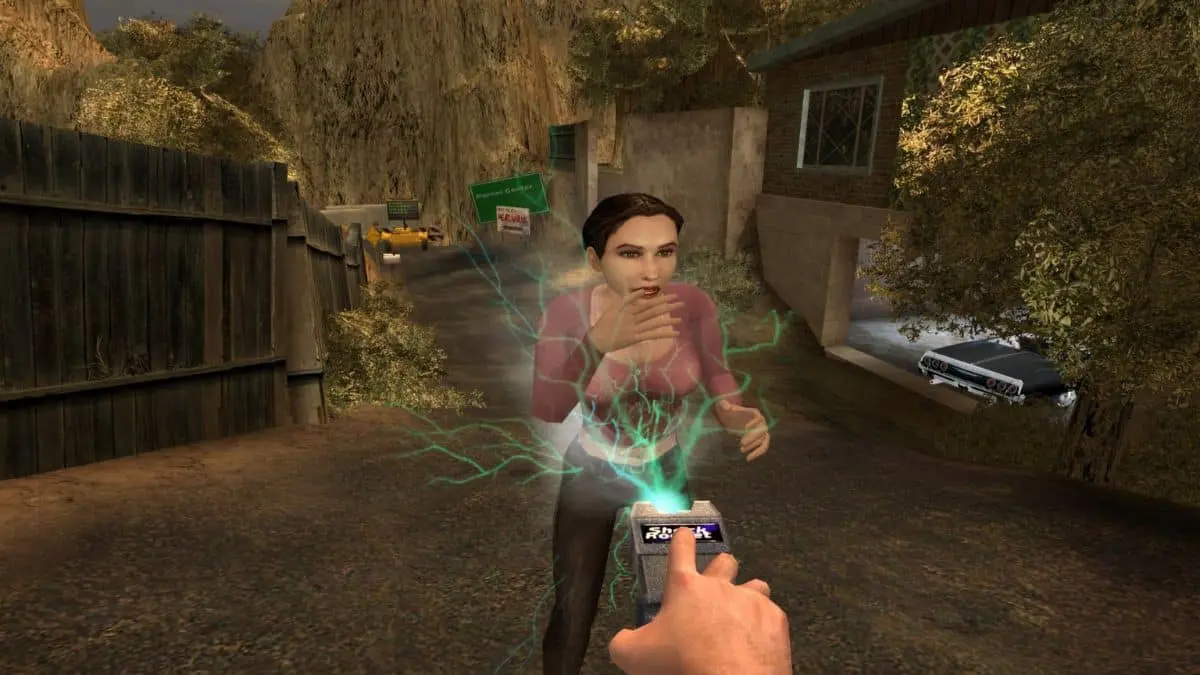
Released in 2003 by Running With Scissors, “Postal 2” is infamous for its unapologetic shock value and controversial content. Players assume the role of a character tasked with mundane errands in a chaotic, violent, and often crude open-world environment.
The game’s dark humor includes violent acts, offensive language, and outrageous scenarios, which many found deeply offensive. Critics and gamers debated whether it was satire or gratuitous, sparking discussions about the limits of humor in video games and its impact on society. “Postal 2” remains a polarizing title, challenging norms of decency in the gaming industry.
Custer’s Revenge
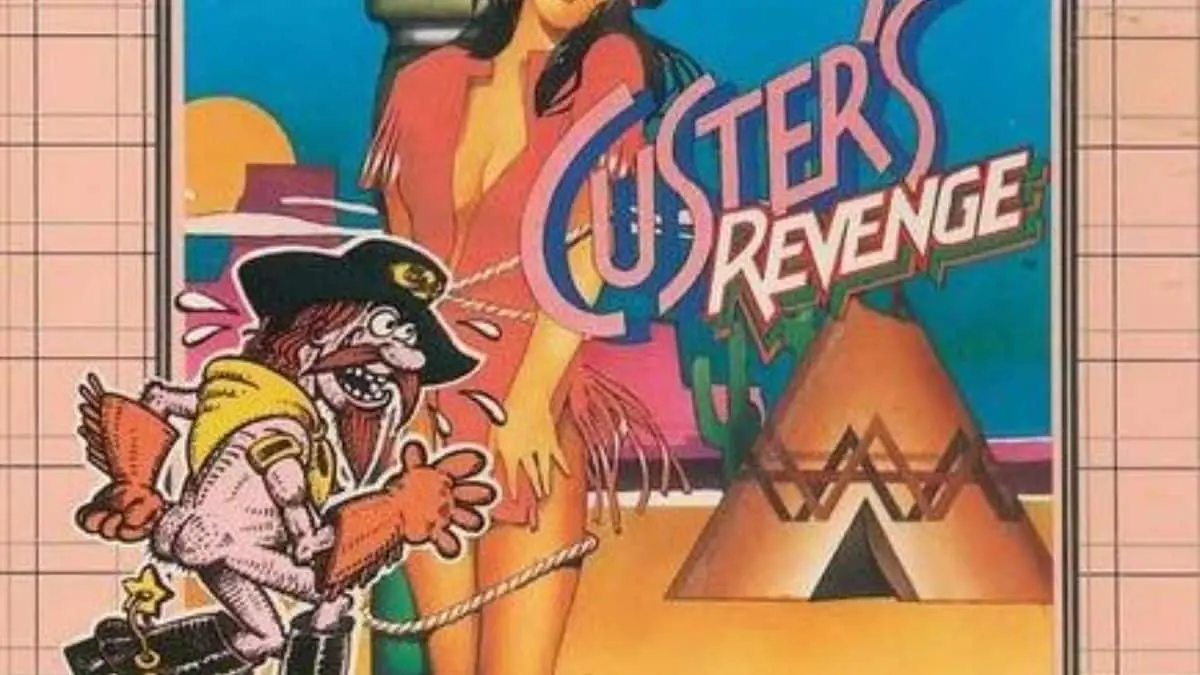
Released in 1982 for the Atari 2600 “Custer’s Revenge,” is infamous for its overtly offensive and sexually explicit content. The game features a pixelated General Custer, portrayed crudely, attempting to sexually assault a Native American woman tied to a post.
It sparked outrage upon release, with critics and activists condemning it as blatantly racist, sexist, and offensive. The game serves as a cautionary tale about the importance of ethical considerations in game development, underscoring the need for responsible content creation in the industry.
Carmageddon
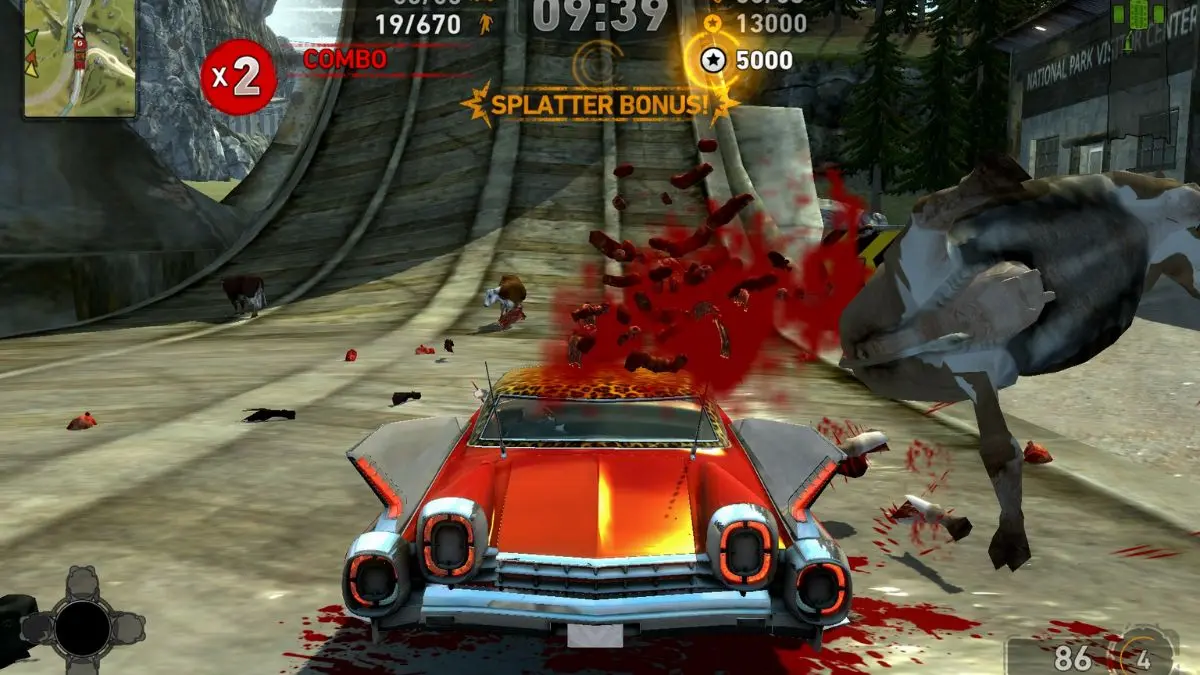
Released in 1997, “Carmageddon” raised eyebrows due to its extreme vehicular violence and controversial gameplay. In the game, players earn points by mowing down pedestrians and wrecking opponents’ cars. This extreme premise prompted censorship and bans in some countries.
Critics argued that the focus on violence overshadowed the driving mechanics and fun factor. “Carmageddon” sparked debates about the influence of violent content in video games on real-world behavior and encouraged discussions on responsible game development and rating systems. Despite the controversy, it maintains a cult following for its over-the-top, edgy gameplay.
Left Behind: Eternal Forces
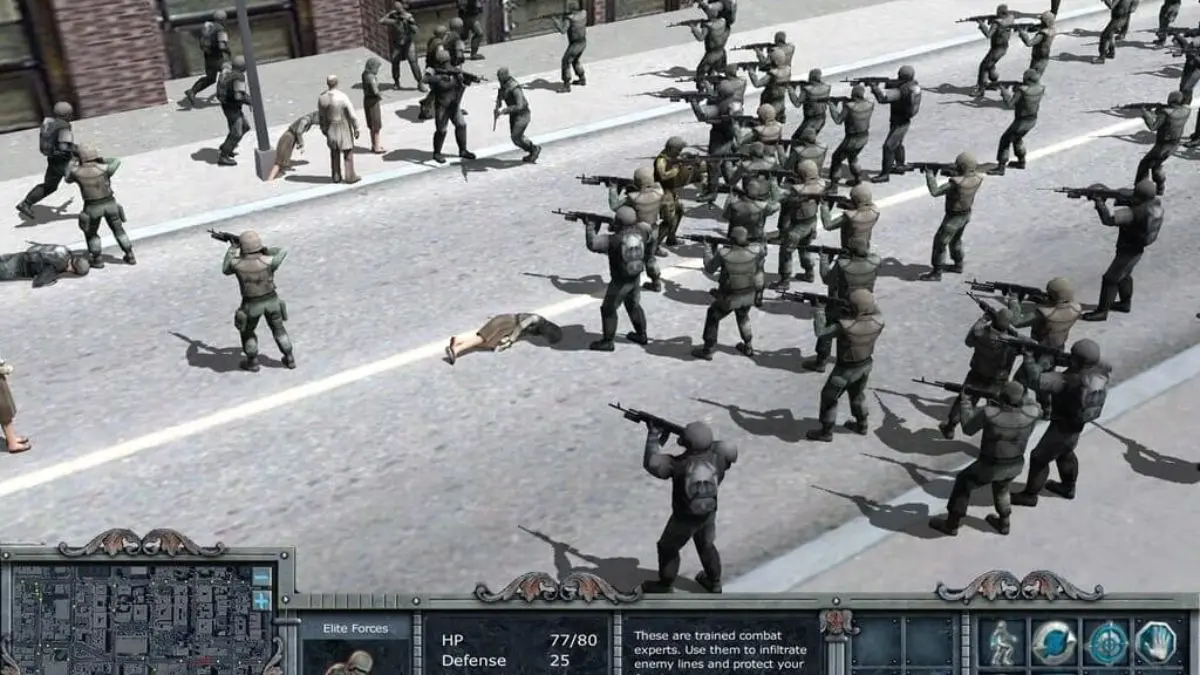
Released in 2006, “Left Behind: Eternal Forces,” sparked controversy due to its blending of religion and real-time strategy gameplay. Set in a post-apocalyptic world, players assume the role of Christian soldiers fighting against non-believers. Critics and advocacy groups criticized the game for its potential to promote religious intolerance and violence, as players are rewarded for converting or subduing non-Christian characters.
While the game aimed to convey moral messages, it raised concerns about the portrayal of faith and its potential impact on players. “Left Behind: Eternal Forces” ignited debates about the intersection of religion and gaming, emphasizing the need for thoughtful and responsible representation of sensitive topics in the medium.
The Guy Game

Released in 2004, “The Guy Game” is known for its explicit content and its legal troubles. The game combines trivia questions with video footage of young women flashing their breasts during spring break events.
Critics denounced it for objectifying women and promoting voyeurism, leading to a lawsuit that ultimately forced the game off the market. “The Guy Game” underscores the ethical considerations surrounding sexual content and consent in video games, highlighting the need for responsible game development and the potential legal consequences for creators who cross boundaries.
Bully
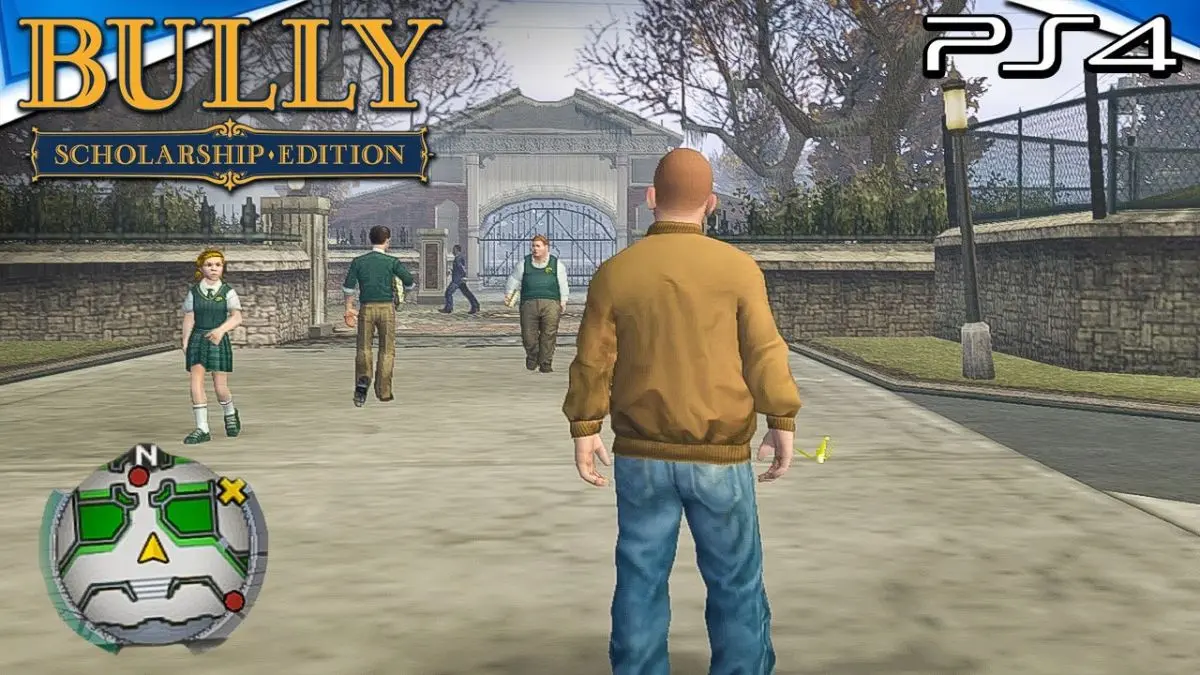
Rockstar Games’ 2006 release “Bully” stirred controversy for its portrayal of schoolyard violence and delinquency. Players assume the role of a troubled teenager navigating a fictional boarding school, engaging in pranks and conflicts with other students. Critics and parents expressed concerns about the game’s potential to influence real-world behavior and glorify bullying.
However, many defenders argued that it addressed issues of bullying and authority in a thoughtful and ultimately moral manner, leading to nuanced discussions about the portrayal of youth and school life in video games. “Bully” ultimately spurred debates about the social impact of video game content and the importance of context in assessing controversial themes.
Grand Theft Auto
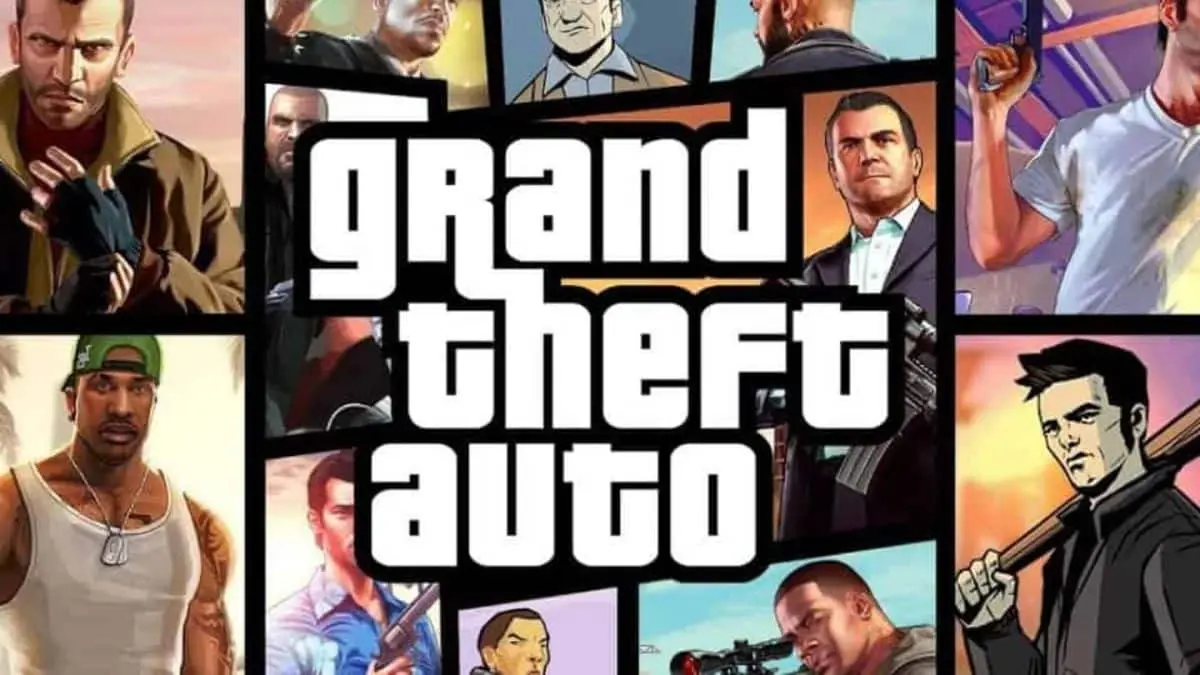
The game “Grand Theft Auto” is one of the most controversial video game franchises of all time. Known for its open-world gameplay, extensive criminal activities, and mature themes, it has faced criticism for its portrayal of violence, sex, and crime. Critics argue that it may desensitize players to real-world violence and glorify criminal behavior.
However, supporters contend that it provides an outlet for virtual exploration and storytelling. The series has sparked debates about the boundaries of creative freedom in gaming and the potential impact of explicit content on players, making it a significant and divisive cultural phenomenon.
Also Read: 15 Best Action Video Games of All Time









